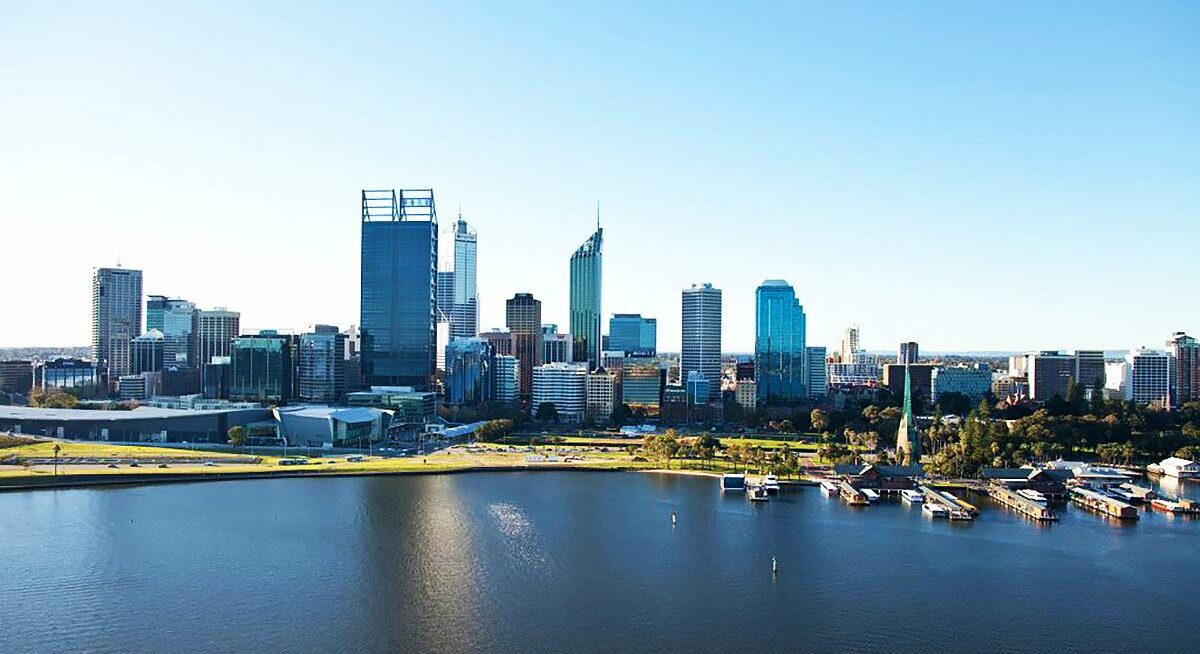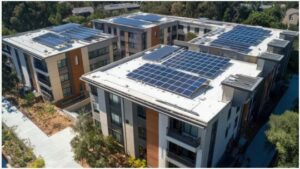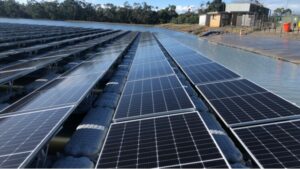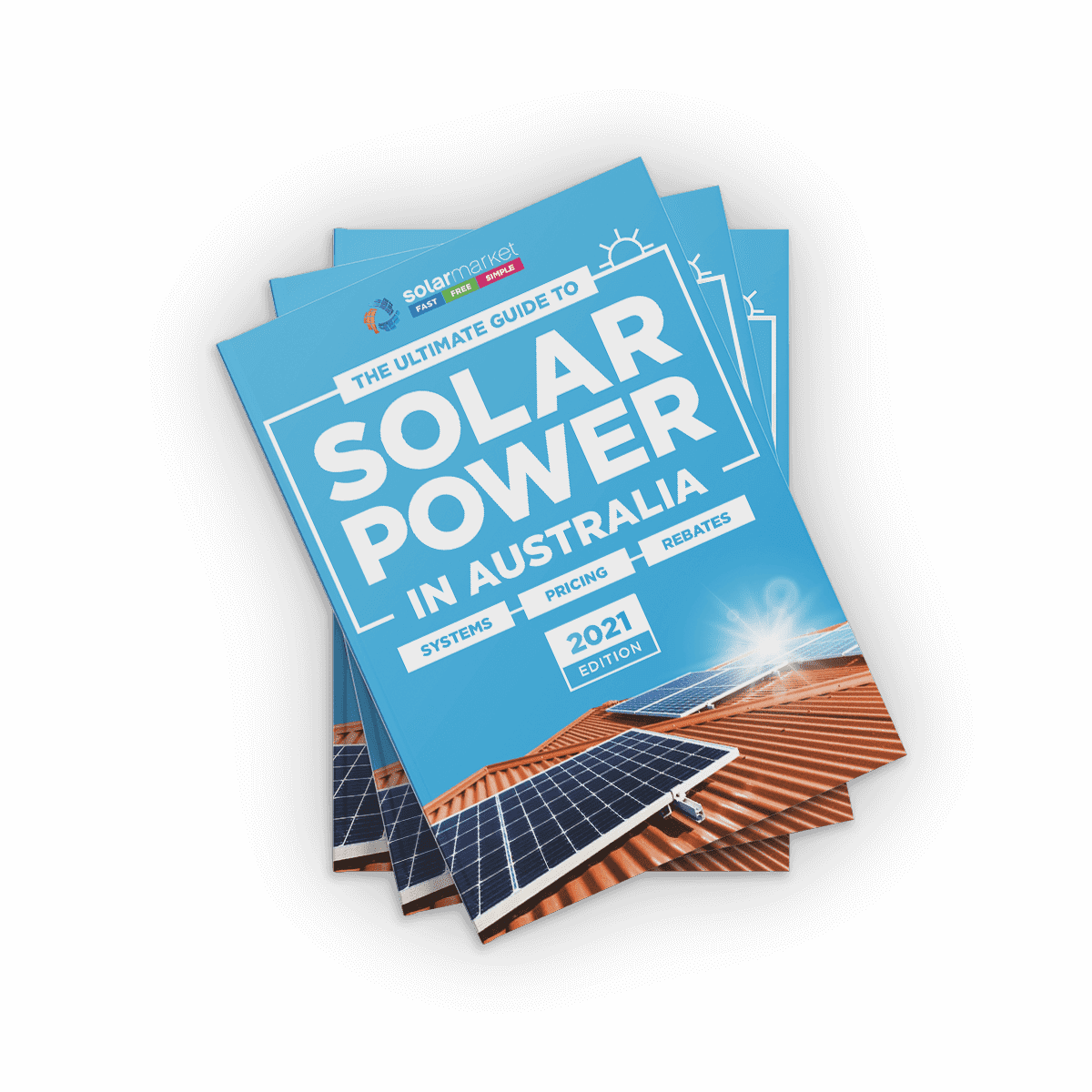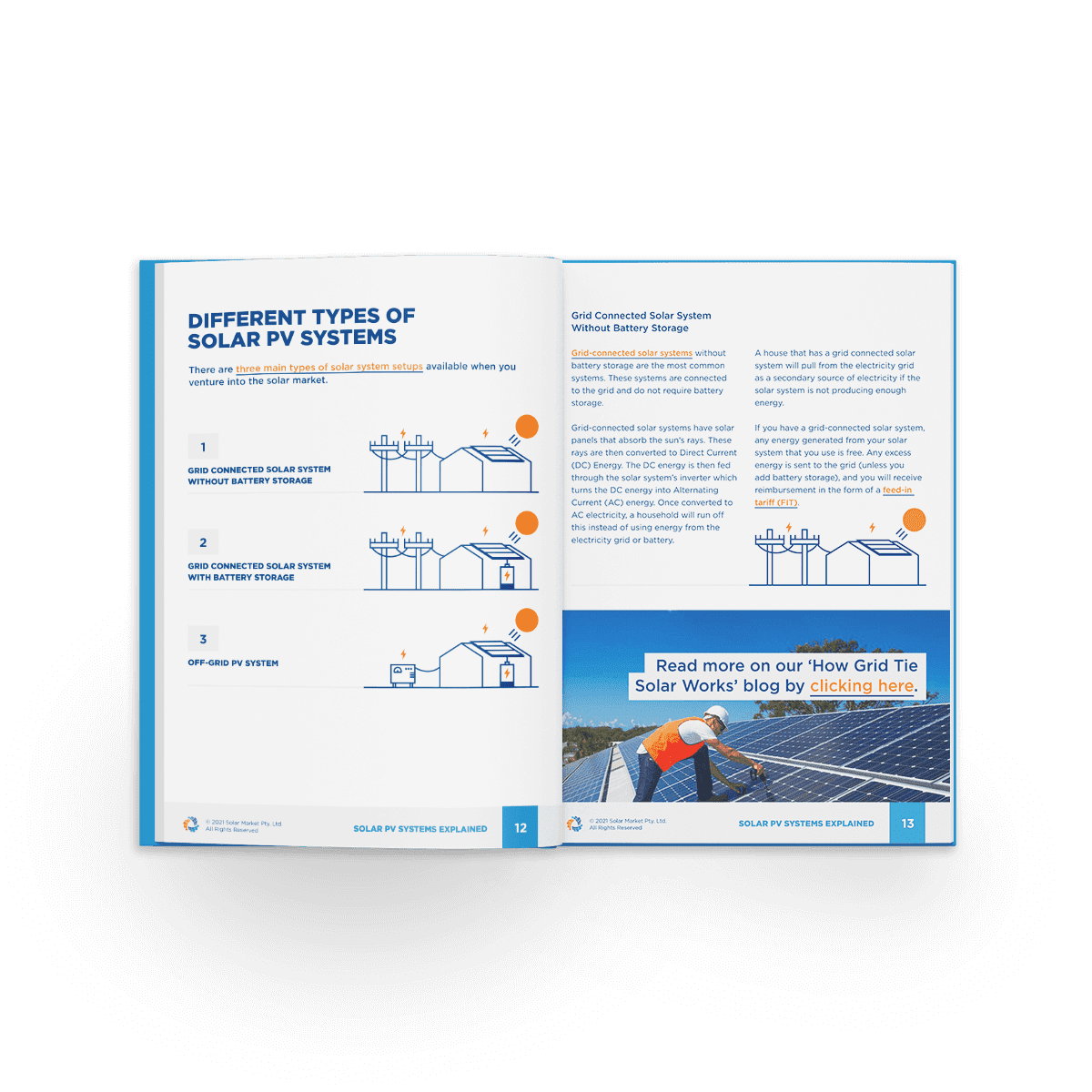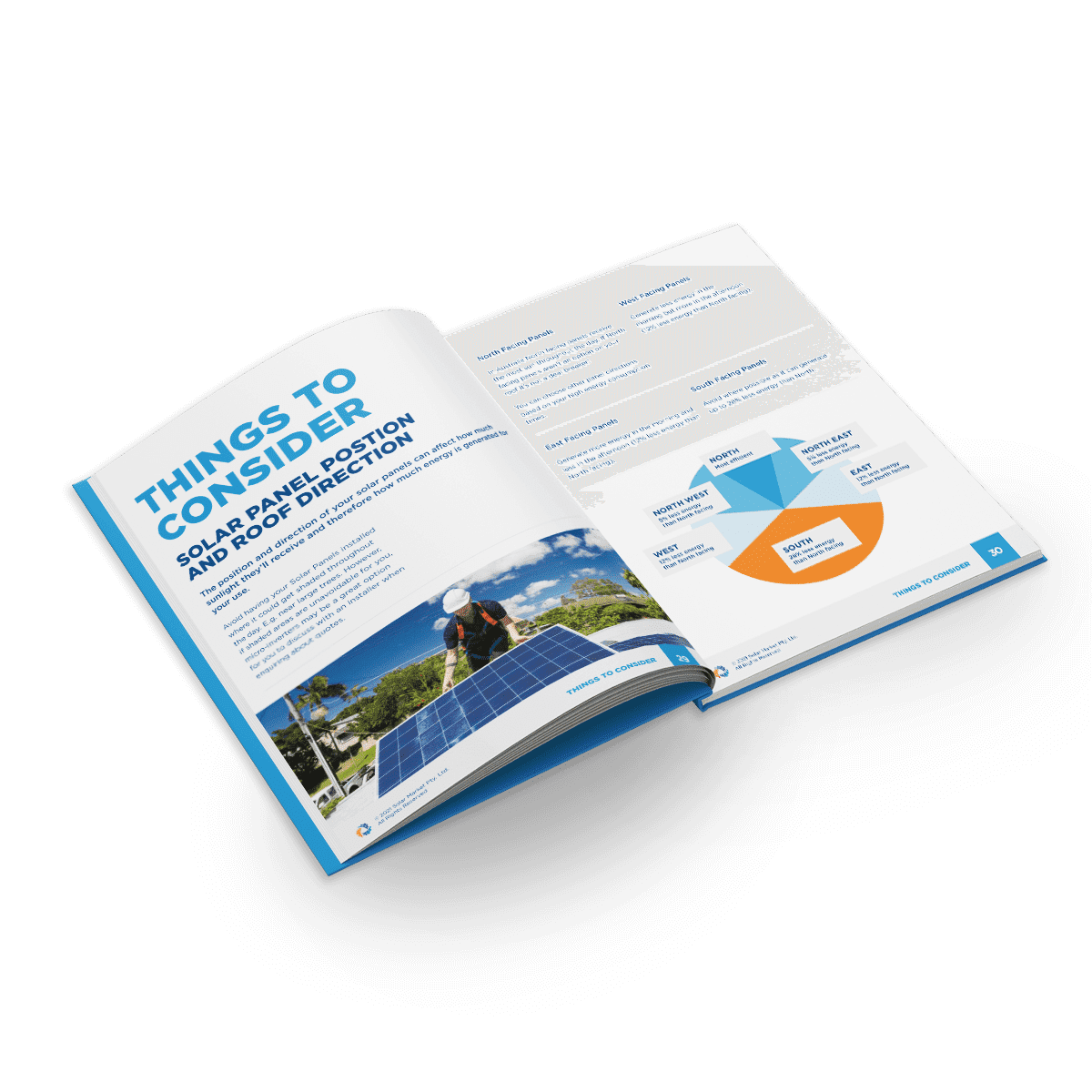Last updated 6th April 2025
The WA Government has announced a WA Home Battery Rebate from 1 July 2025. The scheme includes a rebate, plus an interest-free loan to finance the cost, but final details are still to come.
What Do We Know About the WA Home Battery Rebate?
Rebate: up to $5,000 for Synergy customers, and up to $7,500 for Horizon Power customers, but the actual rebate will be determined by the size of the battery.
Interest-free Loans: for the remaining cost, zero interest loans up to $10,000 for 20,000 low and medium-income households.
Eligibility: the only conditions released so far are:
1. the batteries “must meet Australian and local grid standards”;
2. the batteries “can include existing recognised brands as well as locally manufactured batteries”; and
3. for loans households will be means-tested to help “low and medium-income households”
Number of Rebates Available: the only details released so far are:
1. the total pledged for the scheme is $387 million. However, this needs to cover the cost of the rebates, interest-free loans and an additional $50 million for local battery manufacturing; and
2. the pledge states “its anticipated the Scheme will more than double the number of residential batteries currently installed in WA homes”. Assuming there are about 15,000 batteries installed already, therefore around 20,000 homes could benefit; but it’s not clear yet what the funding rollout timeline will be.
How Affordable Does the Scheme Make Batteries for WA Homes?
Typical, batteries cost between $10,000 and $15,000. Therefore, the combination of the rebate and interest-free loan could significantly lower the financial barrier for homeowners.
Here are our estimates based on the details announced so far:
- Upfront Cost: Assuming a $15,000 battery gets the maximum $5,000 rebate, the out-of-pocket price for the battery would reduce to $10,000.
- Remaining Costs: 20,000 households also get an interest-free loan to finance the entire remaining $10,000, therefore making it $0 upfront cost.
- Payback Period: the WA Government estimates a solar battery will save WA households up to $1,500 per year. Therefore, depending on your electricity usage patterns, you could see a payback period as low as 6 to 7 years.
- Cash Flow: Monthly loan repayments may be offset by electricity bill savings, improving affordability.
Teamed with the Australian Federal Solar Battery Rebate, the cost to buy a battery could be highly subsidised for you.
Why does WA need a Home Battery Rebate?
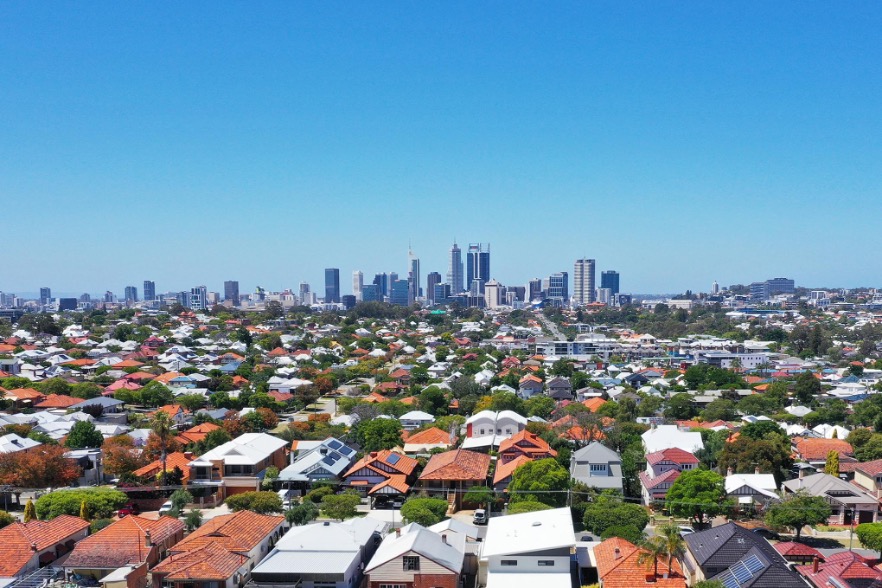
The WA Home Battery Scheme aims to address the electricity system’s challenges:
- High rooftop solar uptake: WA has one of the highest rates of rooftop solar in Australia, which creates grid management issues, especially during daytime solar generation peaks.
- Rising electricity costs: Households are seeking ways to reduce their home expenses.
- Grid reliability concerns: The scheme aims to reduce pressure on the grid during peak demand periods.
The WA Government has positioned the scheme as both a cost-of-living relief measure and to help the grid decarbonise, so a step toward a more sustainable, reliable electricity system.
How Does the WA Battery Scheme Compare to Rebates in Other States?
Read about the Australian Federal Government Battery Rebate HERE.
A number of States have also launched battery incentives over the last few years. Here’s how WA’s scheme stacks up:
- ACT: Sustainable Household Scheme – zero-interest loans ranging from $2,000 to $15,000 for energy-efficient upgrades. Includes solar panels and batteries. Loans have repayment terms of up to 10 years.
- NSW: Peak Demand Reduction Scheme (PDRS) – Launched 1 November 2024, this program provides rebates of $1,600 to $2,400 for batteries, depending on the battery size. An additional $250 to $400 is available for households that connect their batteries to a Virtual Power Plant (VPP). Empowering Homes Program – interest-free loans up to $14,000 for solar-battery systems to eligible households with incomes under $180,000.
- NT: Home and Business Battery Scheme – As of 1 December 2024, the grant increased to $400 per kilowatt-hour of usable capacity, up to a maximum of $12,000.
- QLD: Battery Booster Program – This program concluded in May 2024.
- SA: Home Battery Scheme – This scheme closed in 2024.
- TAS: Currently, there are no dedicated state battery rebate programs.
- VIC: Solar Homes Program – interest-free loans up to $8,800 for battery installations.
Final Thoughts
The WA Home Solar Battery Scheme is a substantial step toward making battery storage viable for more WA households.
While the scheme’s effectiveness will depend on its final design and rollout (soon to be announced), the WA Labor government has positioned the policy as a key part of its strategy to address cost-of-living pressures and support the state’s renewable energy transition.
Register For WA Battery Rebate Alerts
Want to know when its time to apply? Complete this form and we’ll alert you about WA battery rebates:
